Virtual reality (VR) used to feel like it only belonged in a sci-fi movie, but today people use it in almost all areas of business. Since this immersive experience isn’t limited to a niche group or just video games, it’s important to understand how the technology is being and also how it can impact your HOA.
One of the most notable ways virtual reality will likely impact your HOA is for insurance purposes. As more insurance companies begin adopting VR technology it would be wise to learn how it could be used and how it might affect your liability exposure.
We’ve compiled a quick overview for you:
- It can improve claim processing through loss site reconstruction. This means if/when your community has a claim it could be processed more efficiently!
- It enhances educational opportunities for consumers and insurance agents. If your insurance company is using VR, make sure you ask them to train your board on how it works and what to expect when it comes to filing claims!
- Provides better loss control and cost containment for exposures.
- It allows risk control agents to do an actual walk-through/risk assessment of the property without having to actually be there.
As insurance companies adopt VR as a main part of their risk assessments and claims processing, it’s important your board understands how the technology works and how it will impact your HOA.
Remember, with all technology there are pros and cons, so talk with your insurance provider to make sure the use of VR doesn’t end up causing more harm than good. Virtual reality shouldn’t replace real life, but instead it should enhance it by giving businesses and consumers access to what would otherwise be out of reach physically or economically.




